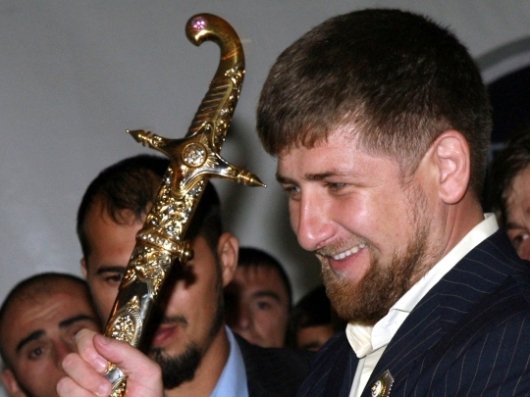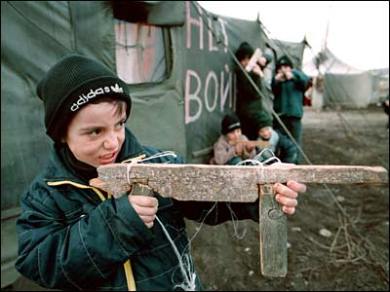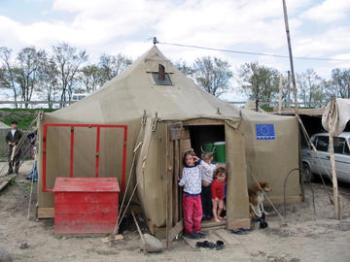
The Soleman article outlines the process that she needed to go through in order to integrate human rights principles into the ongoing health care reform. It is done on the local level largely on a interpersonal level requiring a lengthy process of getting to know the staffs and politicians involved and what they would need or want in order connect the upcoming reforms to international health standards. My first reaction to seeing all the background relationships to getting something like this past the inefficiency. But, at a second glance how would you have it changed? The lengthy process of getting to know the staff and politicians ensured at least some level of understanding of what the local concerns were. It is unfortunate however that such little effort was put forth to explore the populations reaction to what they were working towards was. A line or two tacked onto a ballot is hardly proof of local support. A more in depth survey should have been taken instead of simply taking it for granted that they would see it as a positive thing.








